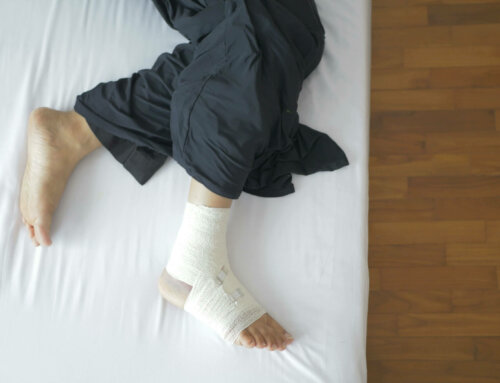Exercise is good for diabetes because it can help you stay healthy, control blood sugar, maintain a healthy weight, and to increase energy levels. Always consult your doctor before starting an exercise regimen. Here are some tips and guidelines that people with diabetes should follow when exercising:
- Exercise increases the use of insulin and lowers blood sugar during and after exercise.
- Test blood sugar before, during and after exercise.
- If your blood sugar is above 250 mg/dL, do not exercise. Your body will not have enough energy to exercise properly or efficiently (remember sugar is energy).
- If your blood sugar is under 100 mg/dL, then do not exercise. Eat 15 grams of carbohydrates with protein/fat, and wait about 30 minutes to exercise. Wait 1-2 hours to exercise after eating a large meal. Make sure your blood sugar maintains at least 100 mg/dL throughout your exercise.
- It is best to eat a meal with high-fiber carbohydrates mixed with lean protein and healthy fat to carry you through the exercise. This type of eating will provide energy for a prolonged period of time. You will exercise most efficiently this way.
- If you exercise too soon after eating your blood is pooling in your stomach to assist with digestion and will not be as available to your extremities (arms and legs).
- If you experience low blood sugar symptoms during exercise STOP and check blood sugar and treat symptoms.
- Always carry some form of low blood sugar treatment (food, glucose tabs) since you are more prone to having low blood sugar during or after exercise.
- Drink fluids before, during and after exercise, since your blood glucose can be affected by dehydration.
- Be careful if your medication is peaking or working its hardest during exercise. This may cause a pronounced drop in blood sugar.
I hope these tips help! If you have a question or comment, post below!






Leave A Comment